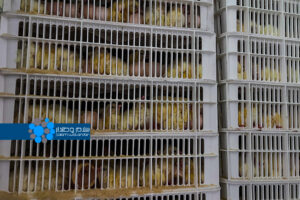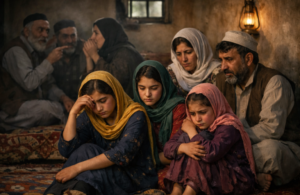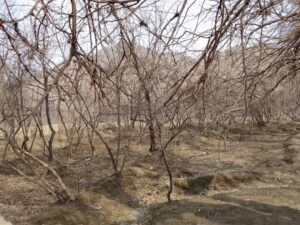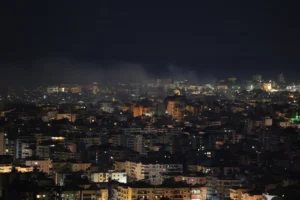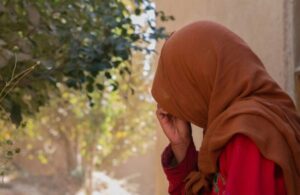MONITORING (SW) – The WHO’s Director General Dr Tedros Adhanom Ghebreyesus has said that despite some improvements in Afghanistan’s health sector, the situation in the country is still dire and acute humanitarian crisis still threatens lives.
Tedros met this week in Geneva with the Taliban’s acting Health Minister, Dr Qalandar Ebad, who arrived Sunday with a larger Taliban delegation, upon the invitation of the humanitarian group, Geneva Call, as part of an effort to unblock desperately needed humanitarian aid.
The head of the World Health Organization said that after his first meeting with the head of the Ministry of Health in Kabul in September last year, despite some improvements in Afghanistan’s health sector, the health situation in the country is still dire and acute humanitarian crisis still threatens lives.
He added that the meeting also discussed Afghanistan’s health needs, ways to maintain the function of primary health care, strengthen the health system, emergency preparedness and training of women-centered health workers.
The head of the World Health Organization stressed that there is an urgent need in Afghanistan now to provide diagnostic tools to identify the Covid 19 virus, especially the Omicron type because the positive cases of this type of virus are increasing.
He also stated that the World Health Organization supports the fight against Covid-19 in Afghanistan, as well as polio and measles vaccination campaigns.
A Taliban delegation landed in Geneva on Sunday to meet with organisations and will be staying for a few days to discuss the delivery of humanitarian assistance in Afghanistan, as first reported by Geneva Solutions. The visit was organised by Geneva Call, a humanitarian organisation which engages with armed groups.
“We have several years of engagement with the Taliban and the meetings here in Geneva are in the framework of that continuous engagement with them to ensure that the basic humanitarian norms are not only being respected in public speeches, but implemented on the ground,” Alain Délétroz, director general of Geneva Call, told Geneva Solutions.
Marie Lequin, Geneva Call’s head of Eurasia Region, stressed that the meetings in Geneva were exclusively focused on the humanitarian situation and were not “political”.
“Twenty-three million Afghans who are now below the poverty line, and are in a dire humanitarian situation,” Délétroz added.
The purpose of the meeting according to Délétroz is to obtain guarantees for the humanitarian actors such as that funds will in fact reach the Afghan population in need and that humanitarian staff can work in safe conditions. “Trust has to be established between all the parties,” Délétroz said.
Geneva Call also offered the possibility for other organisations to arrange a meeting with the Taliban but declined to say who else would be meeting with them. According to other Geneva Solutions sources, the ICRC and MSF are among them. On the side of the Afghan group, Lequin said that the Taliban representatives had been “designated by the effective government to be here, so they have the capacity to influence”, but did not specify who was part of the delegation.
The Swiss Federal Department of Foreign Affairs also has plans to meet with the Taliban delegation this week. “The discussions aim to improve respect for humanitarian principles, promote humanitarian access to populations, and raise awareness of human rights, including the rights of women and minorities, among the Afghan delegation,” said Paola Ceressetti, a spokesperson for the FDFA, adding that the Swiss delegation would include representatives of the Swiss Agency for Development and Cooperation, the FDFA’s peace and human rights division and the Asia and Pacific political division.
Since the change in regime, donor countries have halted assistance by freezing $10bn worth of financial assets and enforcing other economic sanctions in an effort to pressure the government into respecting human rights, especially those of women. But the country’s economy, which relied mostly on foreign aid, is rapidly collapsing, with thousands losing their jobs or going without pay.
The country is also experiencing a severe drought, which has ravaged farmers’ crops. The World Food Programme, which continues to operate in the country, has warned that if aid does not come fast, half of Afghanistan’s 40 million people risk starvation
ENDS

